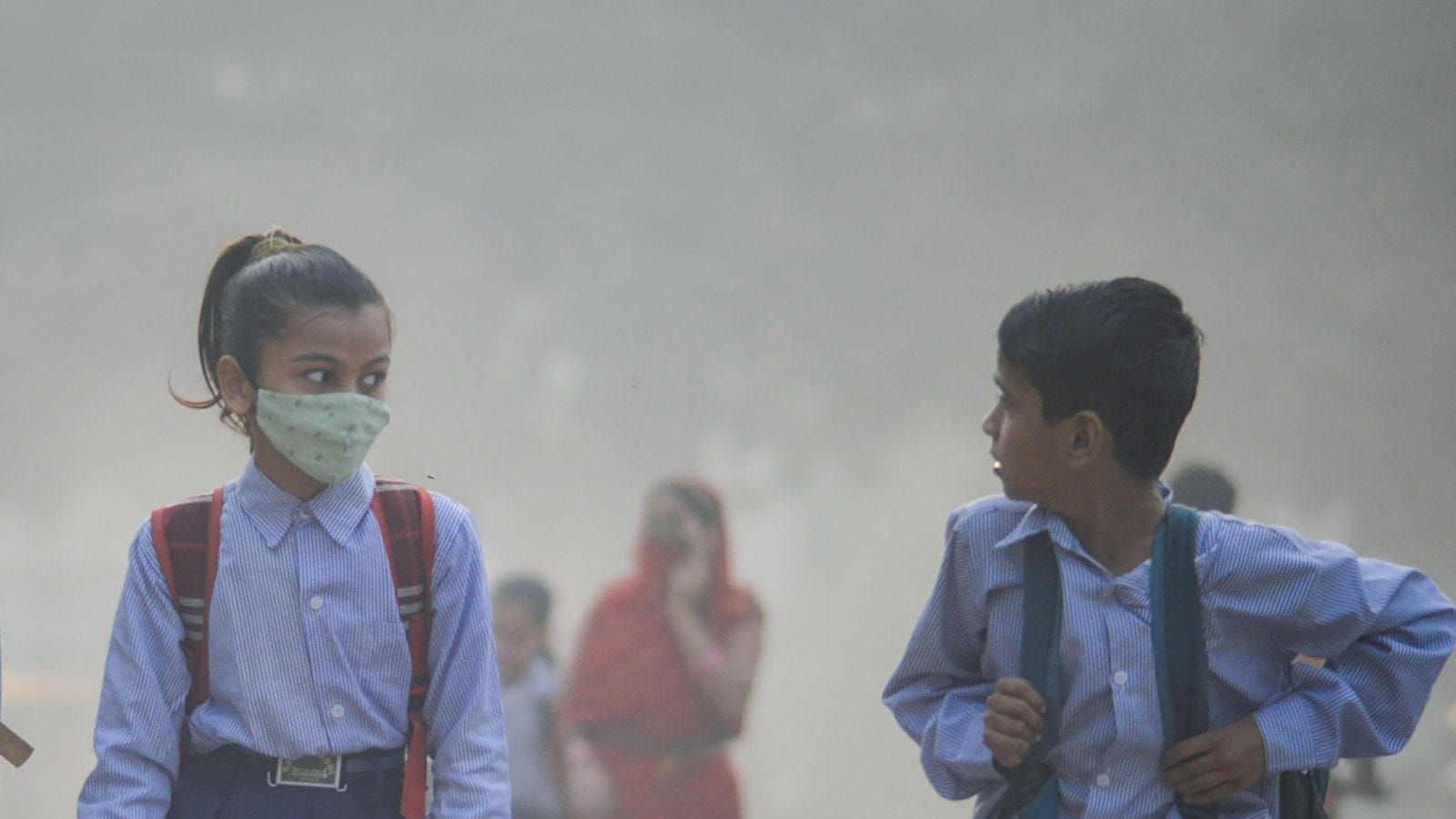Why is Pollution Rising At Such An Alarming Rate In Delhi And How Can You Take Preventive Measures
Last Updated: November 09, 2022, 16:00 IST

Delhi’s pollution levels are now just a notch below the ‘Severe Plus’ category. (Image:Representational Image)
The rising air pollution in the national capital of the country has been an issue for major concern and so here is all that you need to know.
Every year, winter brings a significant drop in the Air Quality Index (AQI) in Delhi and its surrounding territories. India’s national capital already comes into the list of urban agglomerations that have extremely toxic air, according to Observer Research Foundation’s Air Pollution in Delhi: Filling the Policy Gaps report.
Thick suspended matter and pollutants are prominently visible under streetlights and through sunlight peaking through windows. Air contaminants are everywhere. Every year, they cause an increase in the number of patients visiting hospitals regarding respiratory issues. The toxic air quality also has adverse impacts on the city’s environment and economy.
Why is pollution rising at such an alarming rate in Delhi?
According to the Deccan Herald, the primary reason that haze and smoke accumulate in Delhi is the burning of agricultural waste in Punjab and Haryana. The particulate matter released from this process constitutes about 30-40 per cent of the PM2.5 concentrations in Delhi’s air in the winter season. PM2.5 refers to an air pollutant that causes reduced visibility and causes the air to appear hazy.
Top Showsha Video
The weather conditions also play an essential role in the increasingly poor air quality. During the summers of May and June, hot air rises up and carries air pollutants with it. However, in October and November, the weather is colder, so the cooler air stays put. The contaminants are not carried upwards and remain suspended in the lower belt below.
Preventive measures
To handle this rise in toxic air quality, follow these preventive measures:
- Avoid going outdoors unless necessary on days with poor air quality. Ensure you wear a suitable mask if you do step out.
- Children, older adults, and people with respiratory diseases and other comorbidities should take greater care not to step out of the house when the pollutant levels are high.
- To improve indoor air quality, plant indoor oxygen plants. You could use air purifiers too.
- Take steam daily, preferably with a few drops of eucalyptus oil. This will help clear up your air passages.
- Foods like ginger, jaggery, tulsi, and citrus fruits can help your body clear out toxins accumulated in the bloodstream, reduce inflammation in the airways, and even boost your immunity.
Read all the Latest Lifestyle News here
For all the latest lifestyle News Click Here

